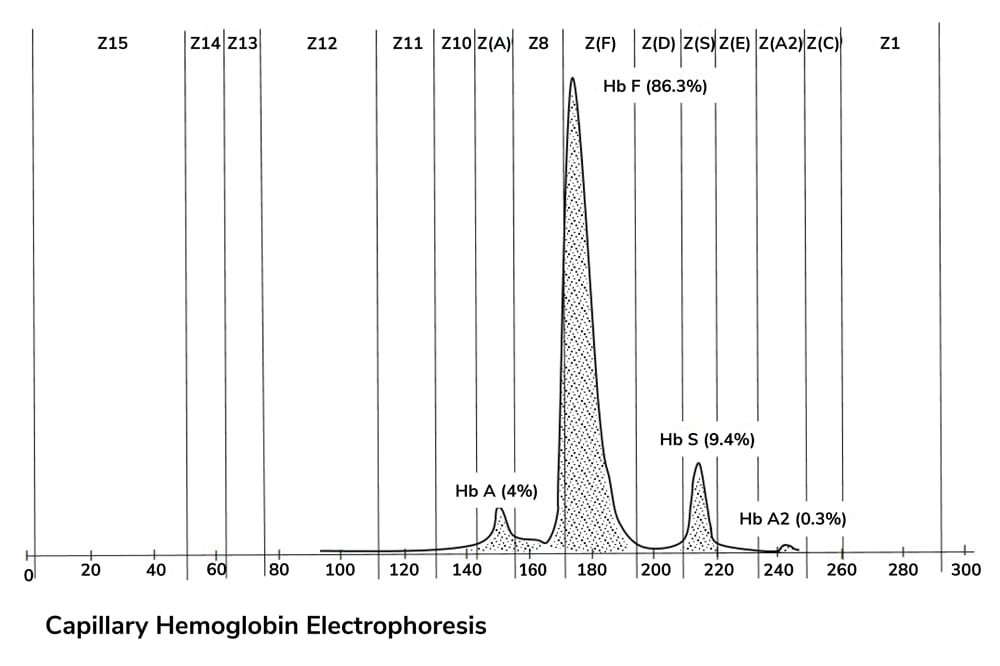Traveling without a ticket in the guts of international jetsetters, bacteria with antimicrobial resistance (AMR) may be spreading their resistance genes across the globe. Though the COVID-19 pandemic may have mitigated the issue, borders are beginning to reopen – and eager travelers are flying out once again.
Analyzing the fecal microbiomes of Dutch international travelers, researchers have investigated the abundance, diversity, function, resistome architecture, and context of AMR genes (1). They found significant travel-related acquisition in 56 unique AMR genes, especially in genes with efflux, inactivation, and target replacement resistance mechanisms. Travel destination was also associated with changes to the architecture of the gut resistome.
“These findings provide strong support for international travel as a vector for the global spread of clinically important antimicrobial resistance genes and highlight the need for broader surveillance of antimicrobial resistant bacteria in the gut microbiomes of returning travelers,” said Alaric D’Souza, a co-first author of the study (2).

References
- AW D’Souza et al., Genome Med, 13, 79 (2021). PMID: 34092249.
- G Everding (2021). Available at: https://bit.ly/3h2t8UJ.




